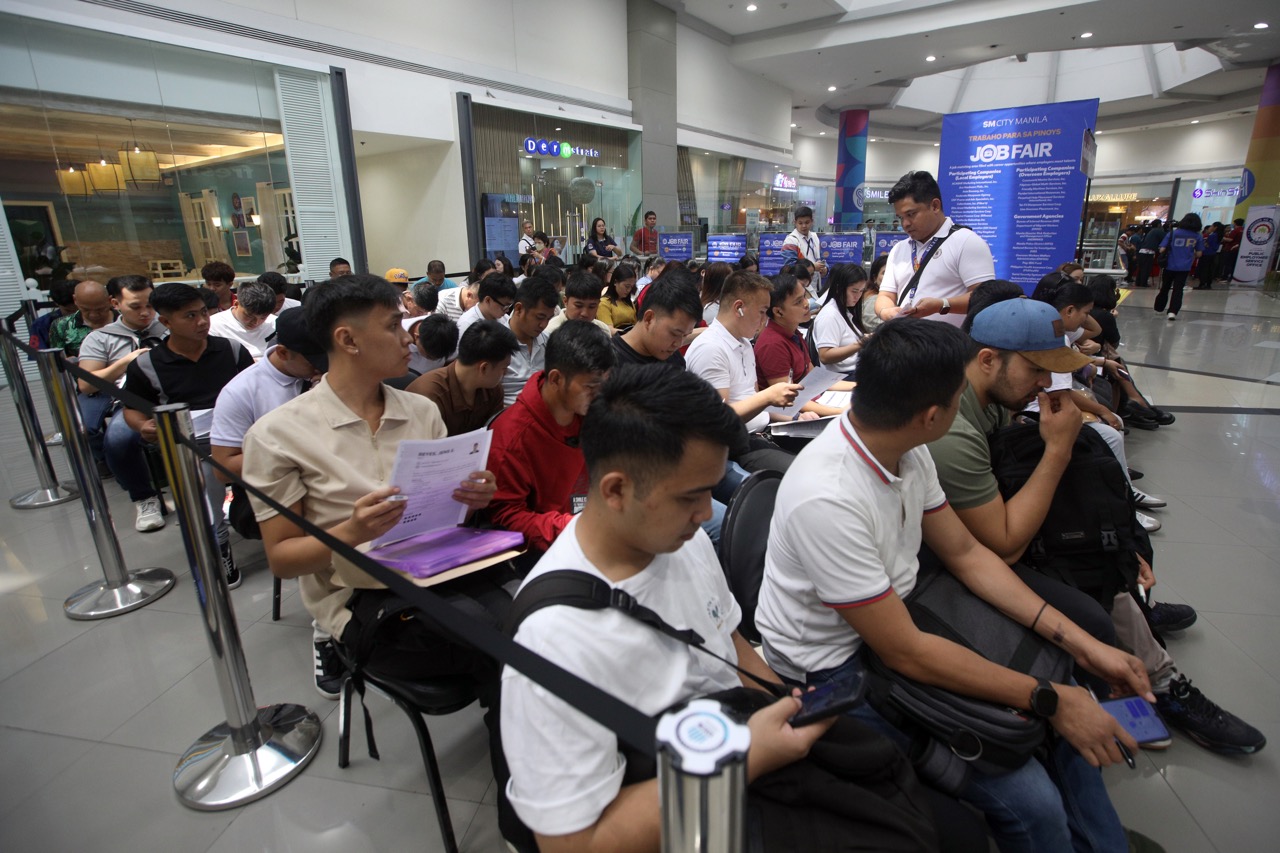
By Anna Leah Gonzales | Philippine News Agency
The government vowed to intensify efforts to enhance climate resilience and improve workforce agility to future-proof the country’s labor market, the Department of Economy, Planning, and Development (DEPDev) said Wednesday.
DEPDev issued the statement following the softer labor market conditions observed in July 2025, largely due to economic disruptions caused by a series of extreme weather events.
The latest Labor Force Survey data released by the Philippine Statistics Authority (PSA) showed that the country’s labor force participation rate (LFPR) in July 2025 was estimated at 60.7%, down from the 63.5% recorded in July last year.
Persons in the labor force are those aged 15 years and over who are either employed or unemployed.
Unemployment rose to 5.3%, up from 4.7% in July 2024.
Job losses were recorded in sectors such as agriculture and forestry (1.4 million), fishing and aquaculture (173,000), and wholesale and retail (897,000).
DEPDev attributed the decline to adverse weather conditions due to multiple tropical cyclones and an intensified southwest monsoon, which led to widespread flooding, landslides, and other disruptions.
It noted that these halted economic activity and business operations across large parts of the country—particularly in Luzon, where a series of class and work suspensions were implemented due to displacement, inaccessible workplaces, and safety concerns.
The underemployment rate, which represents individuals seeking additional working hours or better-quality jobs—also increased to 14.8%, compared to 12.1% in the same period last year.
DEPDev Sec. Arsenio Balisacan said government policies must focus on boosting productivity and resilience in the agriculture sector through modernized production methods, climate-smart practices, and stronger market linkages.
“This must be complemented by expanded rural infrastructure, improved digital connectivity, and increased access to training opportunities,” Balisacan said.
He said the government is also accelerating the implementation of the Trabaho Para sa Bayan Plan, the country’s first 10-year labor market master plan.
Balisacan emphasized that effective execution of the plan hinges on enabling investments in high-value sectors, aligning training and reskilling programs with emerging industry demands, and promoting flexible yet secure work arrangements.
“The latest employment figures underscore the urgency of modernizing our economic sectors to withstand disruptions, whether from climate change or technological shifts. We are also fully committed to enhancing employability, expanding labor market programs, and collaborating with key stakeholders to future-proof the Filipino workforce,” Balisacan said.
Balisacan cited the importance of reducing the school-to-work transition period and enhancing youth employability.
He said expanding youth employment programs, such as the Government Internship Program, JobStart, and the Special Program for Employment of Students, is essential to equipping young Filipinos with the skills needed to thrive in today’s workplace.
“The Marcos administration remains focused on addressing job-skills mismatch and preparing the workforce for the demands of a rapidly evolving economic environment,” Balisacan said.
